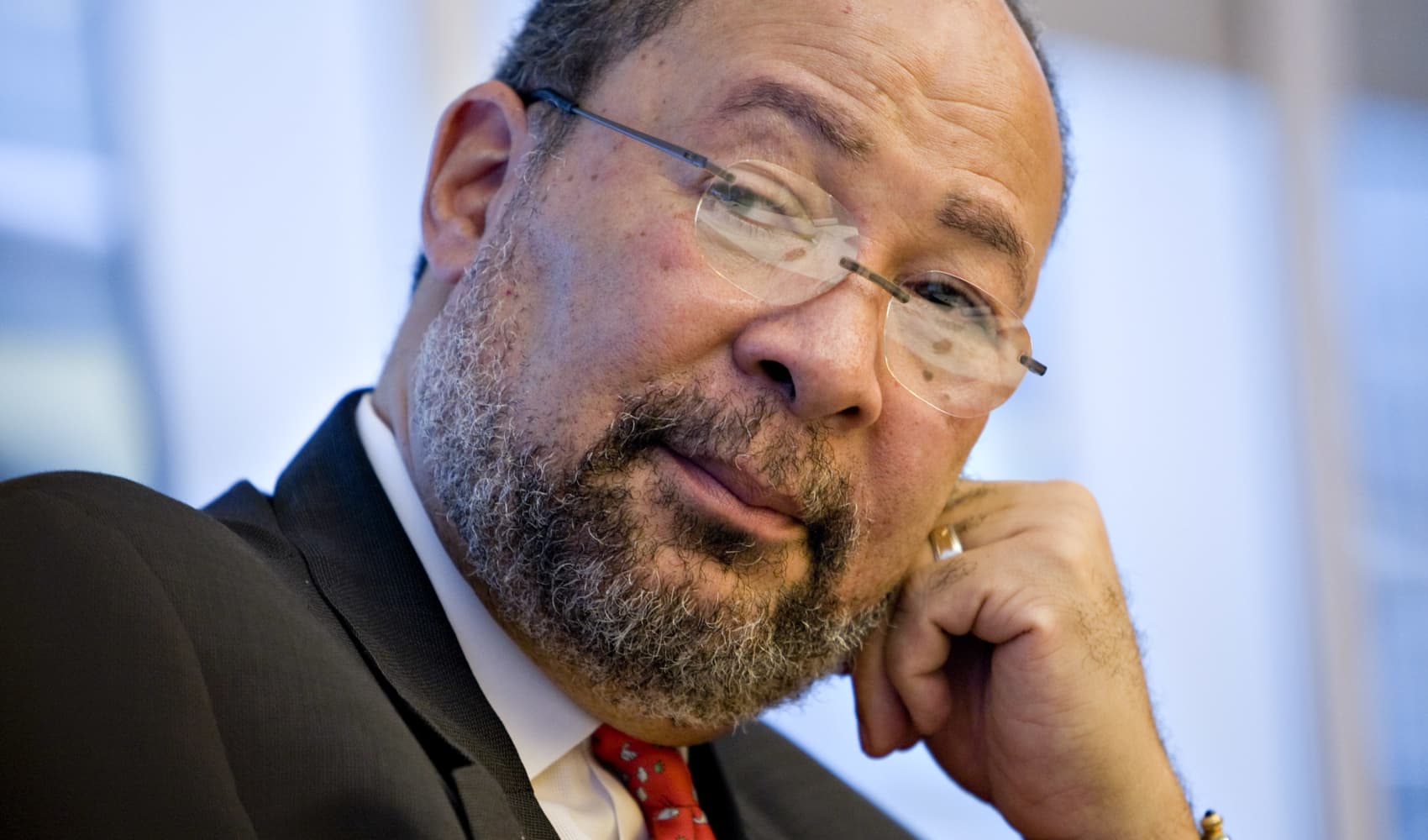
- "He's a dictator in the sense that he's a guy who runs a country that is a communist country that's based on a form of government totally different than ours," the U.S. president said Wednesday after his meeting with Chinese President Xi Jinping.
- Biden had labeled his Chinese counterpart a "dictator" in June, drawing condemnation from Beijing.
U.S. President Joe Biden again called his Chinese counterpart a dictator — a move that could potentially unravel the progress made between the world's two leading powers.
Shortly after his first meeting with China President Xi Jinping in a year, Biden responded to a question on whether he stood by his June comment labeling Xi a dictator.
"Well, look, he is," Biden said Wednesday after the two leaders met on the sidelines of the Asia-Pacific Economic Cooperation in San Francisco.
Get top local stories in Philly delivered to you every morning. >Sign up for NBC Philadelphia's News Headlines newsletter.
"He's a dictator in the sense that he's a guy who runs a country that is a communist country that's based on a form of government totally different than ours."
At its regular daily press conference in Beijing Thursday, a spokesperson for China's Ministry of Foreign Affairs slammed Biden's comment as "extremely incorrect and irresponsible political manipulation."
"There are always some careless individuals attempting to sow discord and damage China-U.S. relations, but their attempts will not succeed," said Mao Ning, the China Ministry of Foreign Affairs spokesperson.
Money Report
In June, just one day after Secretary of State Antony Blinken wrapped up his first official visit to Beijing, Biden called Xi a dictator during a campaign fundraiser in California.
The U.S. president dismissed concerns at that time, saying his remarks did not undermine shaky bilateral ties.
China then slammed Biden's comments as "utterly absurd and irresponsible" and a "provocation."
At the press conference on Wednesday, Biden touted a fresh commitment to resume high-level communication between the militaries of both countries, along with agreements to work together in areas ranging from artificial intelligence to drug control and education.






